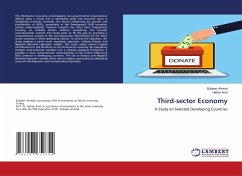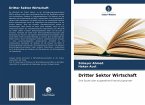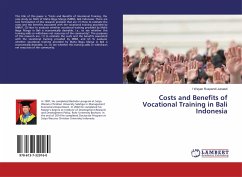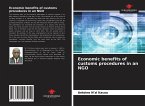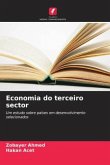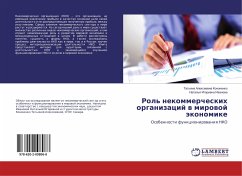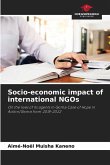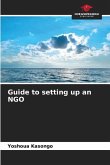The third-sector economy, encompassing non-governmental organizations (NGOs), plays a critical role in addressing social and economic issues in developing countries. However, the factors influencing the growth and proliferation of NGOs, particularly in the Developing-8 (D-8) countries, remain under-explored. Previous research has often been fragmented, focusing on isolated factors without considering the broader macroeconomic context. This study seeks to fill this gap by providing a comprehensive analysis of the macroeconomic determinants of the third-sector economy in these developing nations. To achieve the objectives, the study employs a panel count regression approach, utilizing Poisson and Negative Binomial regression models. This study makes several original contributions to the literature on the third-sector economy. By integrating multiple socio-economic variables into a cohesive analytical framework, it provides a more comprehensive understanding of the factors influencing NGO presence in developing countries. The use of Poisson and Negative Binomial regression models offers robust insights, particularly by addressing issues of overdispersion and incorporating interaction.
Bitte wählen Sie Ihr Anliegen aus.
Rechnungen
Retourenschein anfordern
Bestellstatus
Storno

